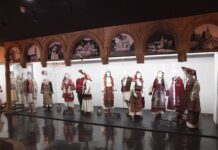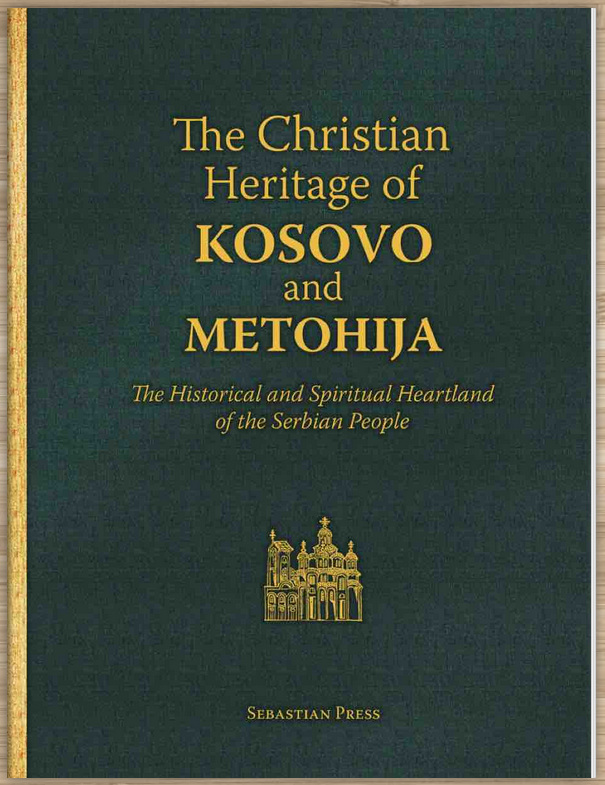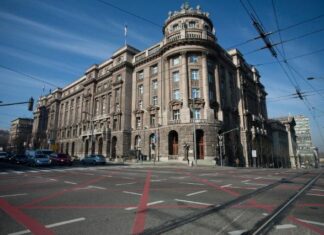In a recent essay, a leading Taiwan academic saluted the work of the U.S. Information Service in Taiwan some decades ago. Recalling the American Literature Translation Series, sponsored by USIS, that made available American novels and stories in Chinese, the Director of the Institute of European and American Studies at the Academia Sinica, Shan Te-hsing, offered a telling retrospective on the power of translated literature.
The essay was published in American Footsteps in Taiwan, 1950-1980, a review of the relationship between the U.S. and Taiwan over several turbulent decades. The volume was published by the American Institute in Taiwan.
Books in the translation series – “an unprecedented effort not likely to be surpassed” — were published by the World Today Press, the imprint of the U.S. Information Service in Hong Kong. At the time when China isolated itself from the rest of the world, USIS Hong Kong’s publications served Hong Kong and Macao, Taiwan, Singapore, and the Chinese diaspora. They were published in the Chinese regular characters used outside the PRC.
USIS Hong Kong selected the titles for the literature series, and copyright specialists at the U.S. Information Agency obtained the rights. The USIS team in Hong Kong – an American publications officer and a group of highly skilled Hong Kong editors — chose the translators, edited their drafts, proofread the final texts, and arranged for the printing and binding. (As a junior officer in Hong Kong, I picked up the publications portfolio for a short time toward the end of the project.) Professor Shan praised the “good quality control” and sale of the books at low prices.
Scholars of the Chinese language note that the translators and editors agreed on using the “naturalization translation” strategy, making the Chinese translations look and sound more natural. The texts included biographic material on the American authors and other annotations.
Shan said the translations “became vital avenues by which intellectuals and youths in Taiwan and Hong Kong accessed the outside world and new tides of thought. Those works also served the enlightenment of citizens during the Martial Law period in Taiwan, forming a common memory for students and intellectuals.”
 Translations of Irving, Hawthorne, Melville, Poe, Mark Twain, Henry James, Crane, London, Sinclair Lewis, Edith Wharton, Sherwood Anderson, Katherine Anne Porter, Steinbeck, Cather, Faulkner, Hemingway, Fitzgerald, O. Henry, Wolfe, Thurber, O’Connor, Welty, O’Hara, Warren, Bellow, Malamud, Capote, Oates, Richter, McCullers, Rawlings, O’Neill, Tennessee Williams, Wilder, Arthur Miller, Inge, MacKaye, Patrick, Kingsley, Horne, Riggs, Emerson and Thoreau introduced a wide range of genres — fiction, drama, essays, poetry, literary criticism, and literary history – in early and contemporary American literature.
Translations of Irving, Hawthorne, Melville, Poe, Mark Twain, Henry James, Crane, London, Sinclair Lewis, Edith Wharton, Sherwood Anderson, Katherine Anne Porter, Steinbeck, Cather, Faulkner, Hemingway, Fitzgerald, O. Henry, Wolfe, Thurber, O’Connor, Welty, O’Hara, Warren, Bellow, Malamud, Capote, Oates, Richter, McCullers, Rawlings, O’Neill, Tennessee Williams, Wilder, Arthur Miller, Inge, MacKaye, Patrick, Kingsley, Horne, Riggs, Emerson and Thoreau introduced a wide range of genres — fiction, drama, essays, poetry, literary criticism, and literary history – in early and contemporary American literature.
The project had another effect. USIS Hong Kong offered relatively high pay to renowned writers and scholars in Taiwan and Hong Kong who joined in the translation project. Looking back at the Hong Kong and Taiwan translators, Professsor Shan deemed then a “dream team.”
“The translation project was beneficial for all partners,” he noted.
- “USIS Hong Kong befriended writers and scholars as part of its efforts to facilitate U.S. cultural and foreign policy during the Cold War;
- “Editors and translators cashed in handsomely on the generous pay and reputational boost;
- “The public benefited from the introduction of important literary works and cultural capital to the Chinese-speaking world, energizing the relatively inactive cultural and intellectual fields in Taiwan and Hong Kong.”
Professor Shan noted changes in international politics and the shrinkage of relevant funds” combined to end the translation effort in the mid-1980s. Still, the “impact on people in the Chinese-speaking world has gone far beyond any political event then and there.”
 Shan noted with regret that the books are no longer in print. This is because USIA purchased translation rights for a single edition of a few thousand copies. At the time, publishers were willing to grant rights on favorable terms for these one-off print runs. Now, however, the sale of international rights has become a significant profit stream for publishers, and it is unlikely such a project could again be organized. This is, Professor Shan said, “a pity.”
Shan noted with regret that the books are no longer in print. This is because USIA purchased translation rights for a single edition of a few thousand copies. At the time, publishers were willing to grant rights on favorable terms for these one-off print runs. Now, however, the sale of international rights has become a significant profit stream for publishers, and it is unlikely such a project could again be organized. This is, Professor Shan said, “a pity.”
The World Today Press translations have recently been the subject of scholarly attention – for the high quality of translations, or for their role in the Cold War (here, here, and here). Other scholars have published appreciations of individual translators like Eileen Chang.
U.S. Public Diplomacy ordinarily focuses on achieving goals in U.S. foreign policy. Here and there, however, public diplomacy can play a role in building up the literary and cultural sectors of a society. It can introduce new ideas that are seemingly distant from contemporary issues in politics or trade. Democracies need more than elections. Economies need more than open markets and enterprise. Broadcasters need more than electrons, voices, and programs. They need open cultures, too.
This was most prominent during the occupations of Germany, Austria, Japan, and Korea – and during the reconstruction of societies after long periods of disorder or authoritarian rule. After security is established, Public Diplomacy – through exchanges, centers, English teaching, and translations – could play the same role in Iraq or Afghanistan.-30-
![]()
Donald M. Bishop is the Bren Chair of Strategic Communications at Marine Corps University in Quantico, Virginia.
Mr. Bishop served as a Foreign Service Officer – first in the U.S. Information Agency and then in the Department of State – for 31 years. Read More














